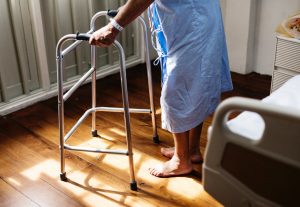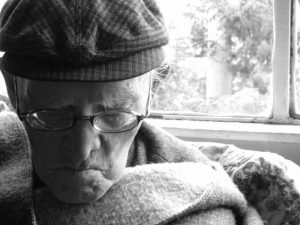Falls are a leading cause of death among older Americans, per the Centers for Disease Control and Prevention, and South Florida injury attorneys know nursing home residents are especially susceptible. They’re more likely to be immobile or require significant assistance in moving just to complete basic tasks and functions. They are more likely to be in poorer health to start with, and in turn may have a more difficult time recovering.
None of this, however, should be understood to mean that nursing home falls are inevitable or that nursing home staff is not responsible to take adequate prevention measures. In fact, nursing home operators have a responsibility to make sure patients don’t fall. That’s because the likelihood of falls as a result of certain conditions/failure to meet care standards is known. The fact that such a fall can result in serious injury? That’s known too. Complications from falls are known to lead to pain, functional impairment, disability and death among nursing home residents. For this reason, Florida nursing home injury attorneys can assert that falls and resulting injuries in a nursing home setting are a foreseeable consequence of things like:
- Inadequate staffing of nursing homes.
- Inadequate training of staffers.
- Inadequate supervision of nursing home staff.
- Failure to provide the proper resources necessary.
Even if the nursing home itself was not negligent in causing a nursing home fall, the entity can still be held vicariously liable if any of its staffers were. There is an old Latin legal concept we still use today in Florida known as as respondeat superior, which means “let the master answer.” In other words, if the employee was negligent in the course of carrying out his or her job, the employer can be found liable also. Continue reading
 South Florida Injury Lawyer Blog
South Florida Injury Lawyer Blog



